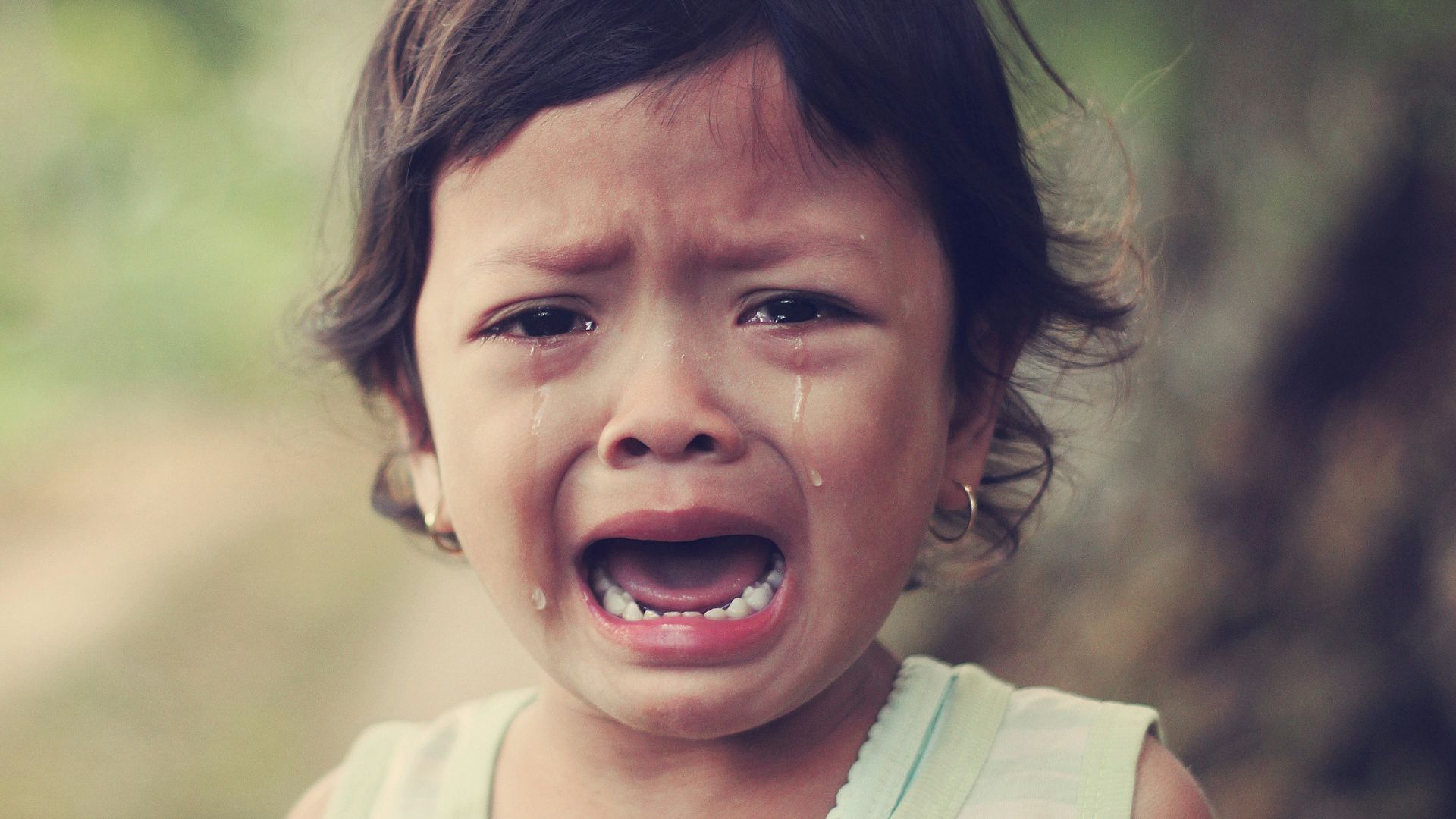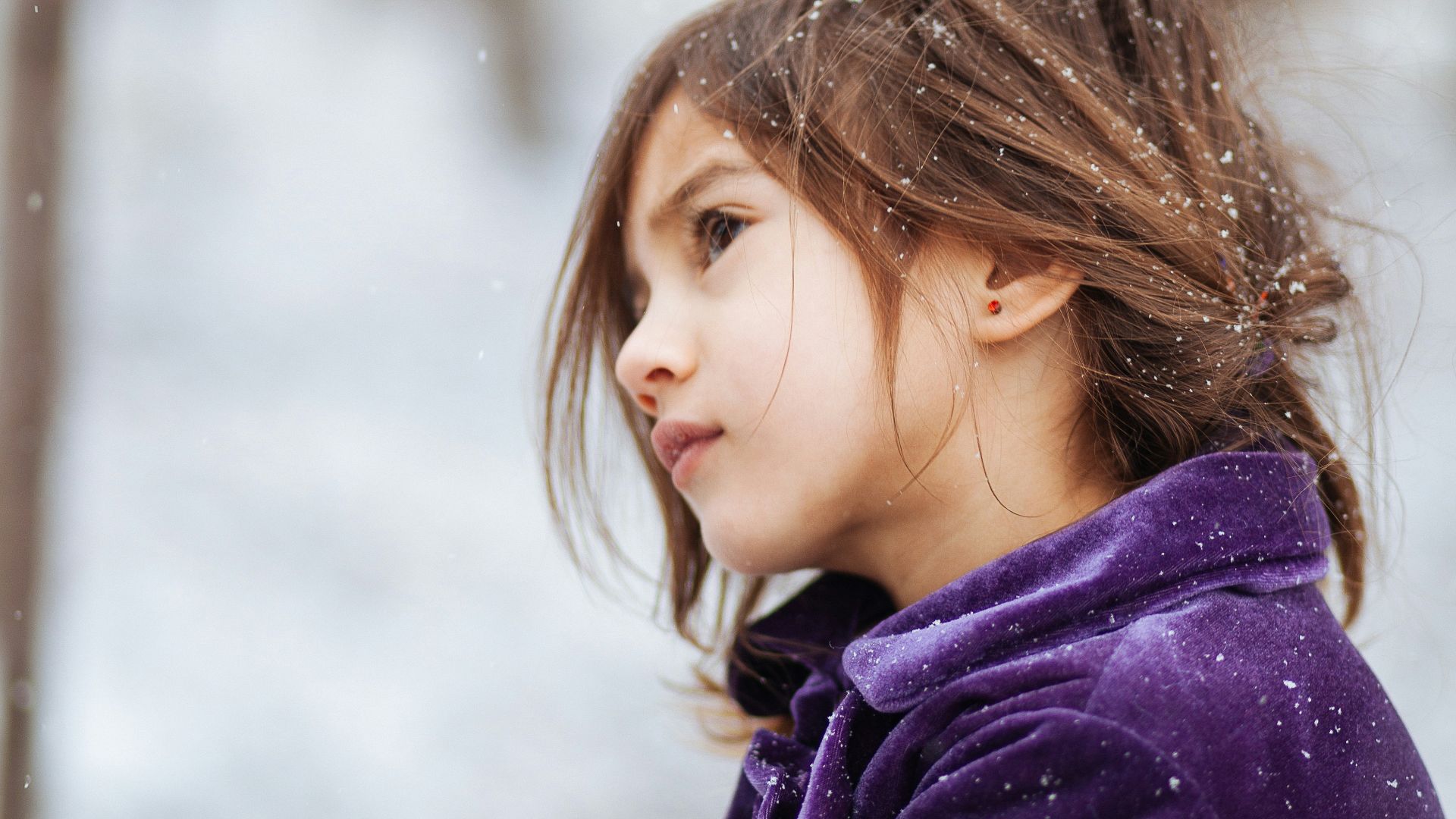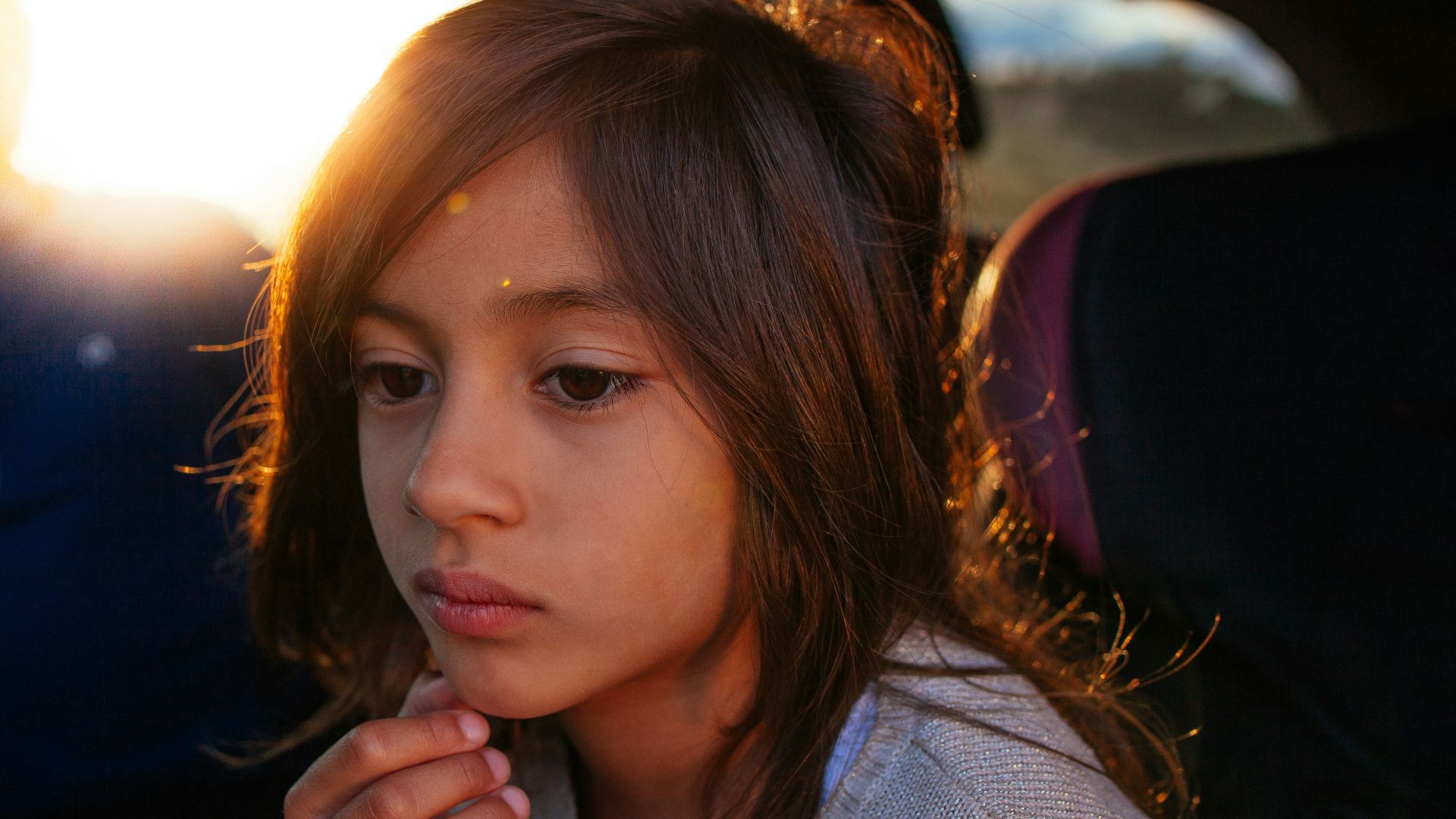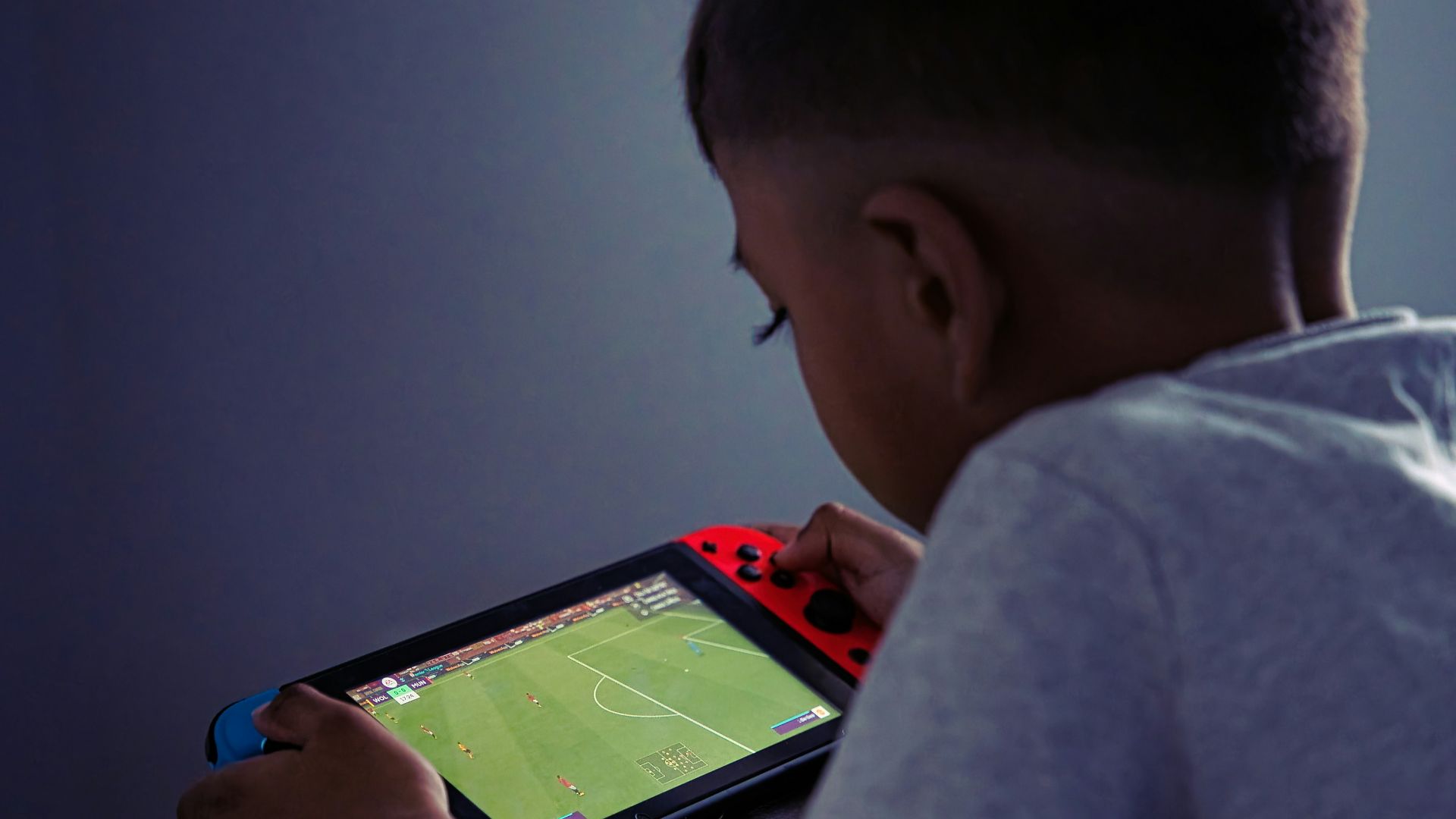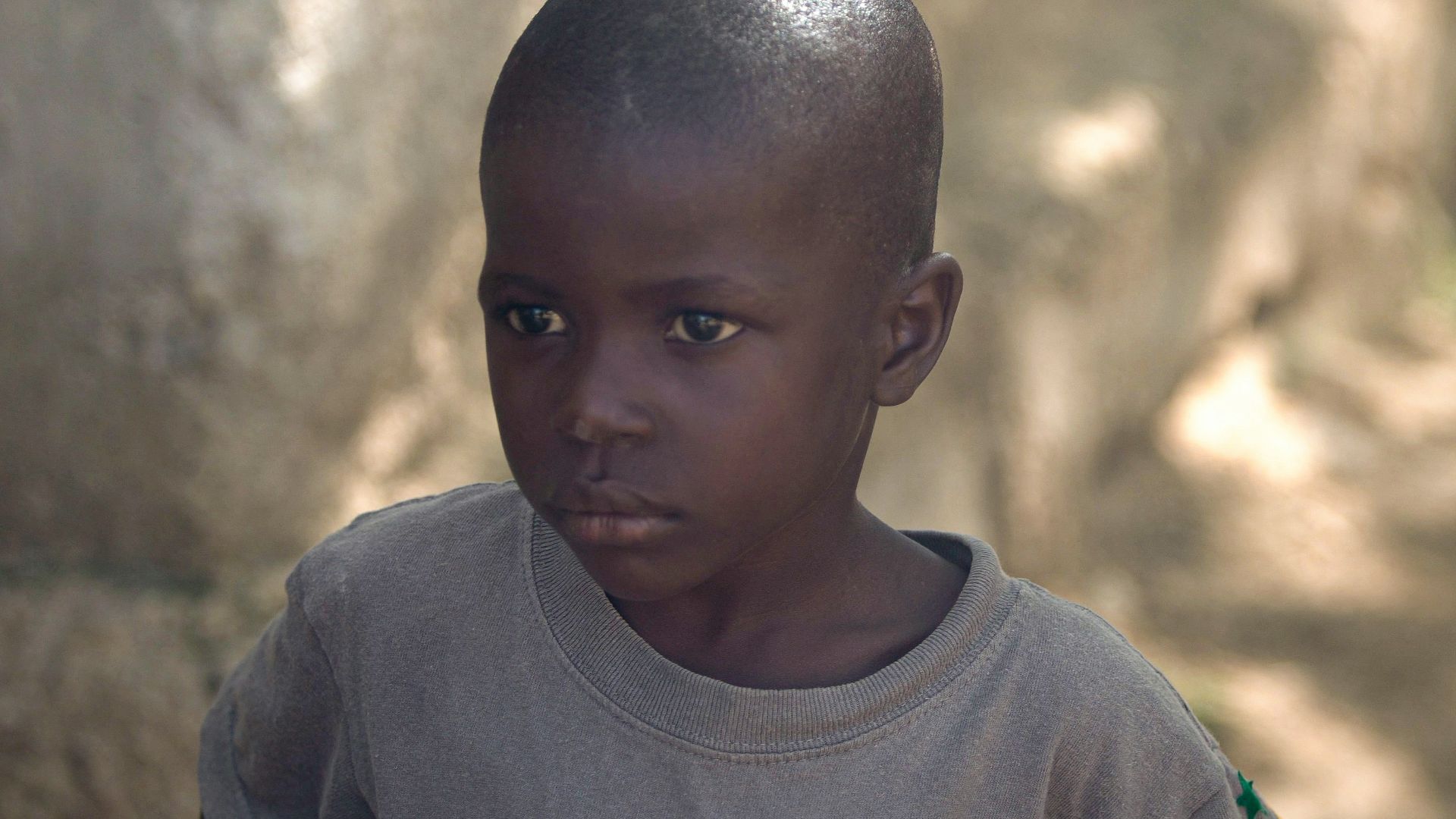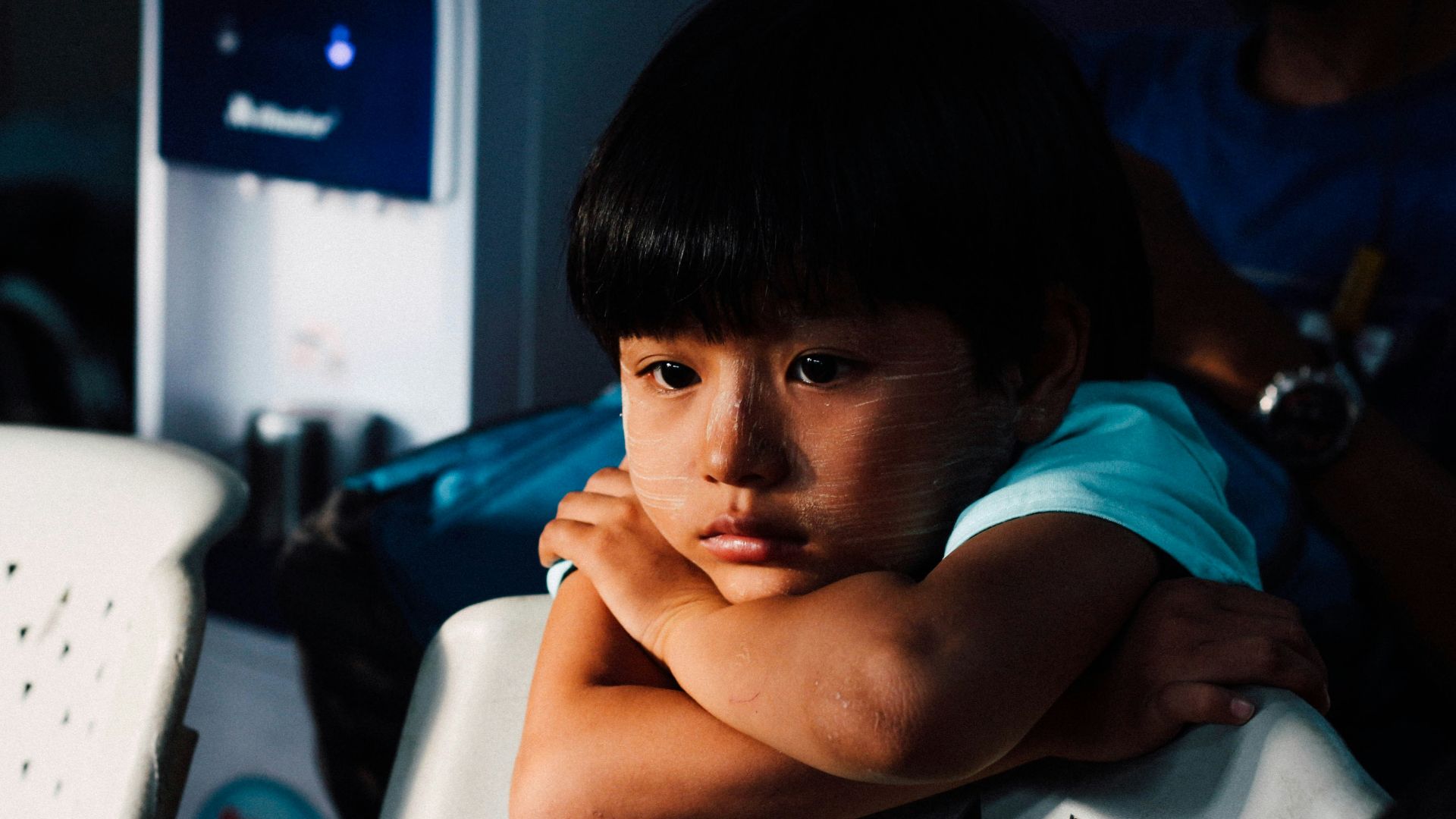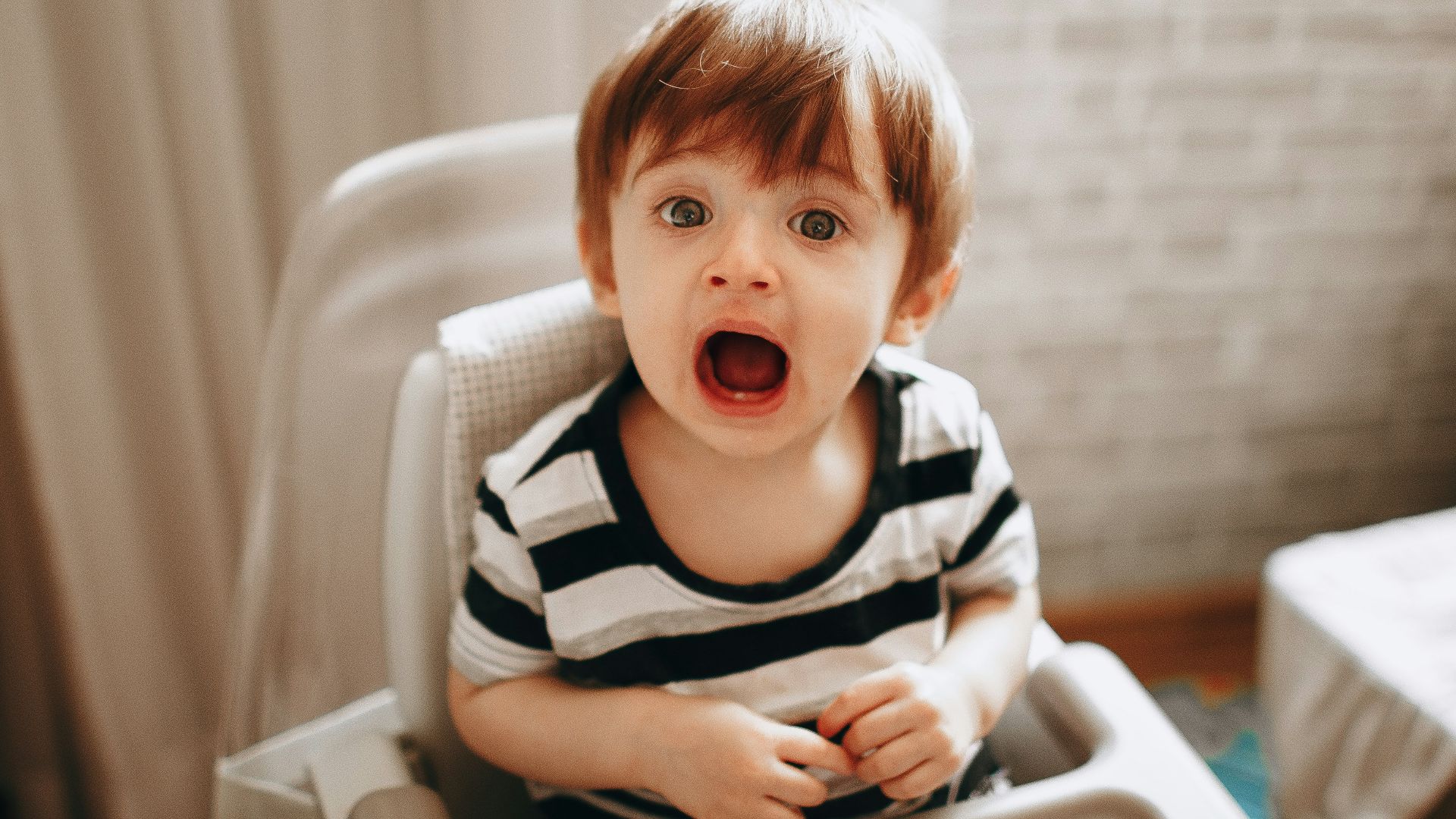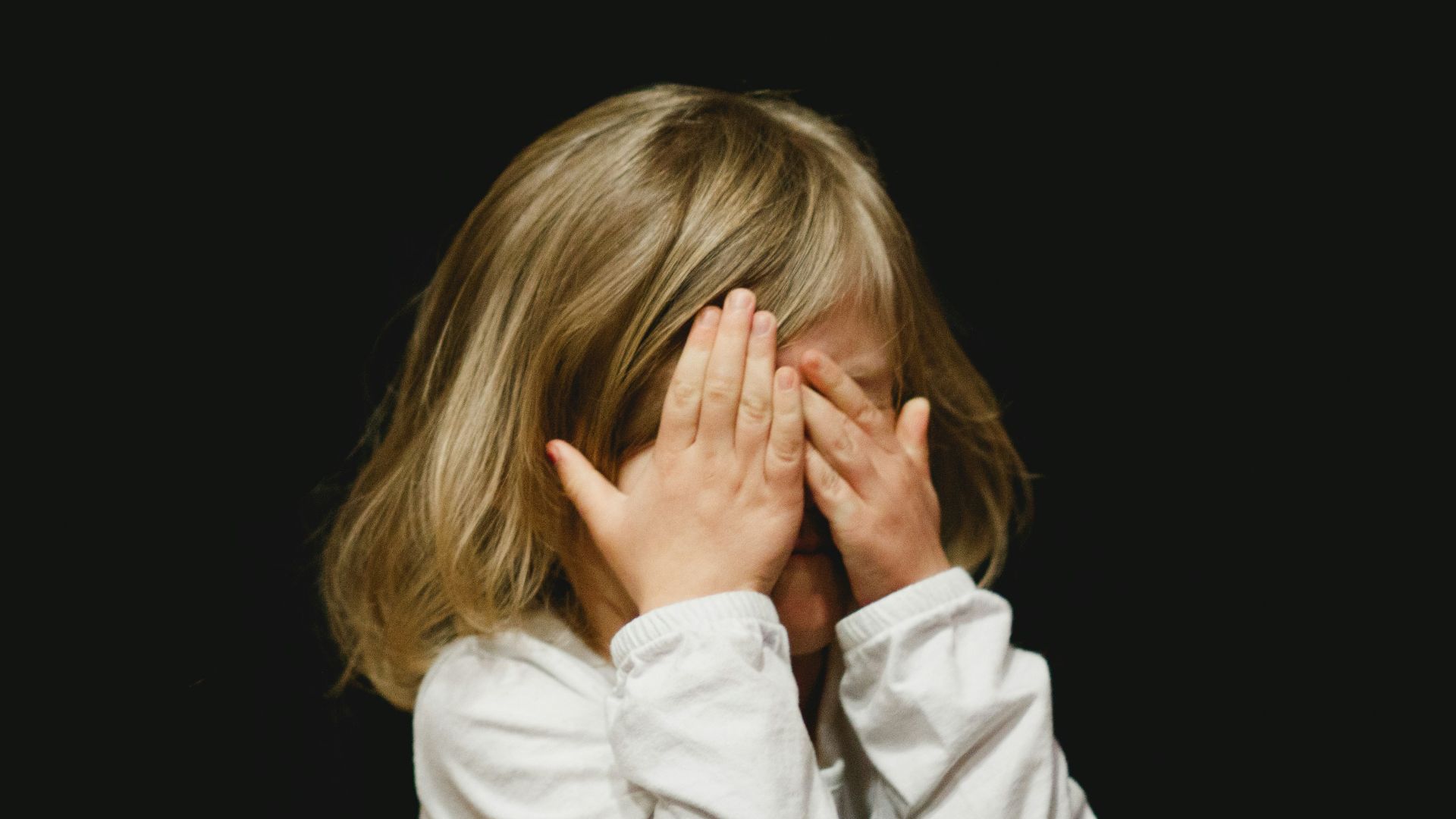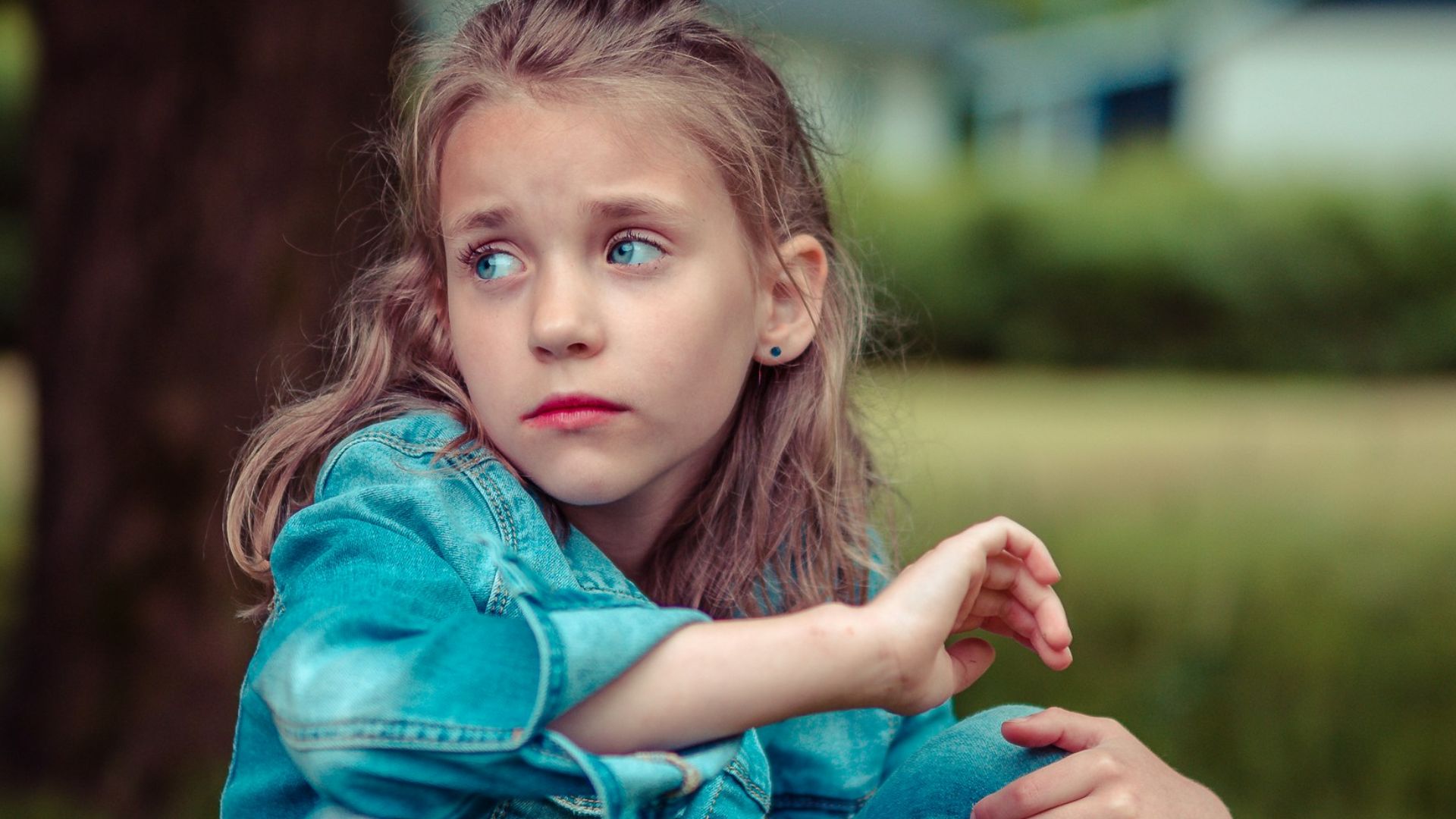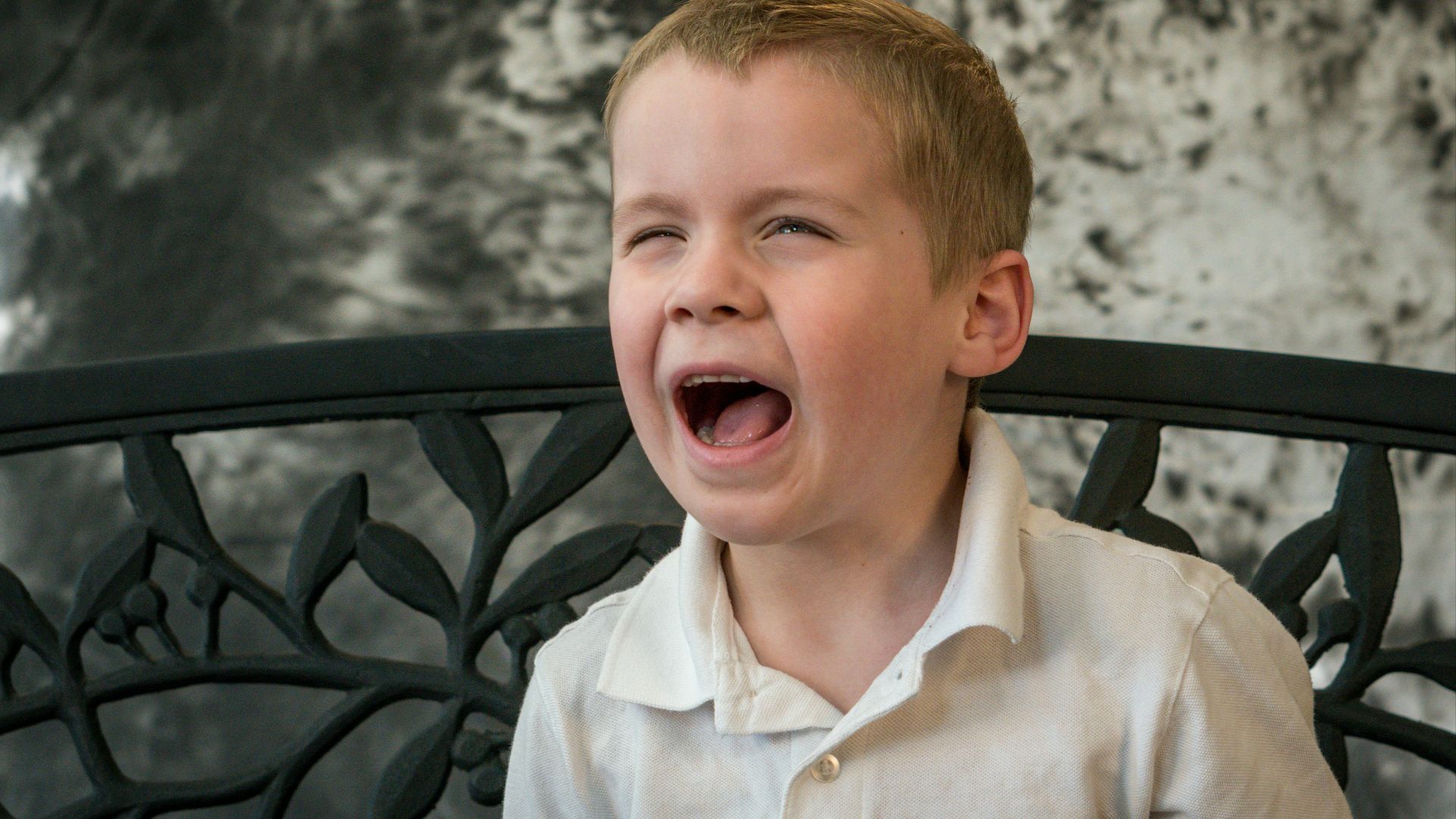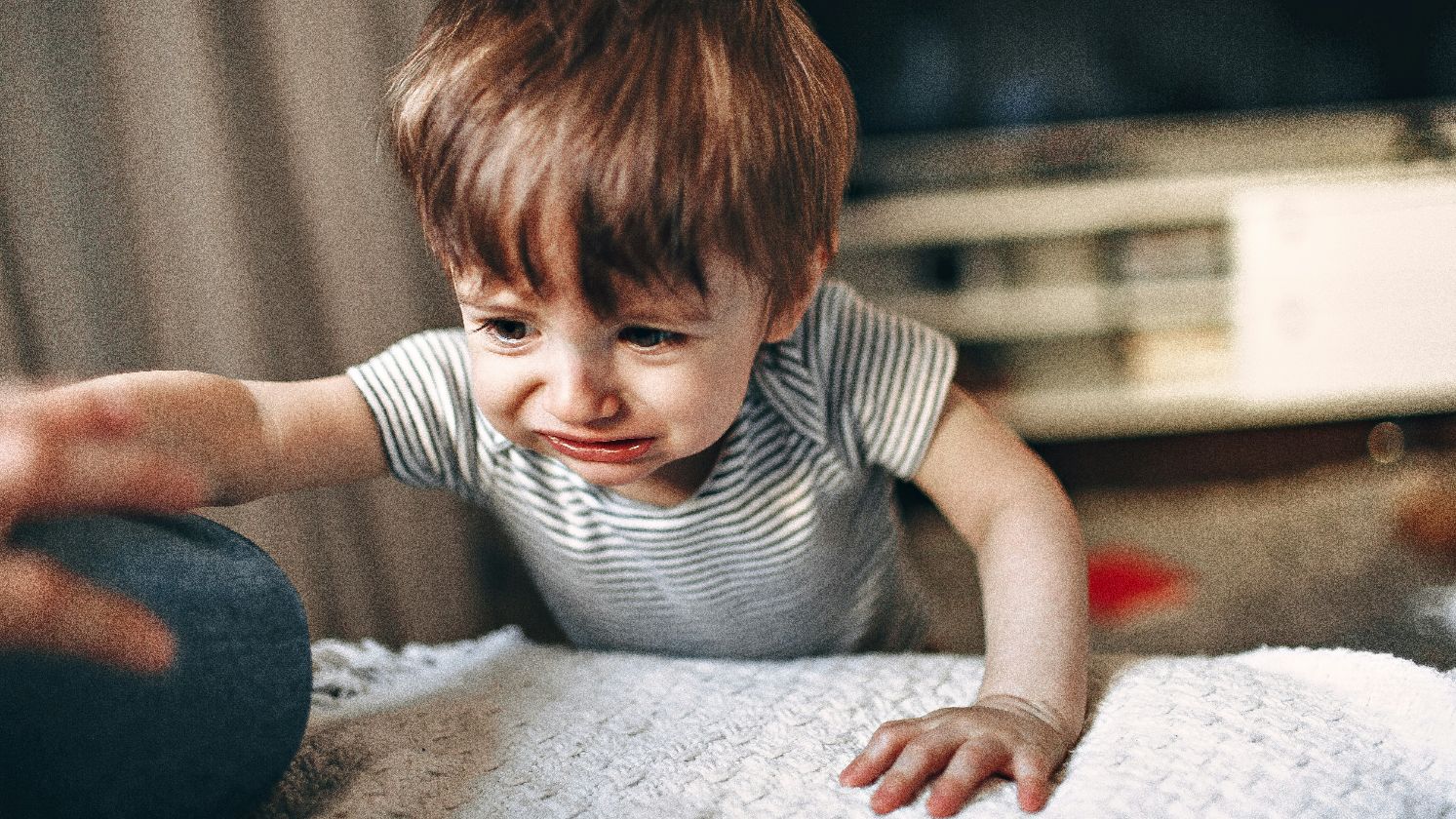Spare the Children
Parenting can be difficult, and sometimes well-intentioned behaviors can have a negative impact on children. There are many common activities or phrases parents don't realize can be damaging, from discipline styles to how we discuss emotions. With that in mind, here are 20 things parents should avoid doing.
1. Guilt Tripping
Emotional manipulation of children, such as guilt tripping, can be very damaging to their self-esteem. By making children feel they "owe" their parents love, obedience, or favors, parents train kids to place others' feelings ahead of their own needs and boundaries. Chronic guilt, anxiety, and poor relationship skills may result.
2. Bad Words
Constant swearing by parents often normalizes disrespectful language and negative communication. Kids are likely to follow what they're taught at home. Language-safe environments help children express themselves respectfully and manage emotions in more positive ways.
3. Finishing Your Plate
Forcing children to eat everything on their plates at all times may damage their natural ability to sense when they are hungry and full. Overeating as a result of this teaches children to ignore their body's signals and eat excessively, which can lead to an unhealthy relationship with food as they grow up.
4. Commenting on Appearance
Children who are frequently told how they look, even in a positive way, can become too preoccupied with their physical appearance and less confident about who they are as a person. This can lead to more insecurity, comparison, and feeling as if they need to look a certain way to be considered valuable. Praising children for things they cannot change about their physical appearance is a good way to start them on the path to developing a strong and long-lasting sense of self-esteem and confidence.
5. Fear of Failure
Yelling at a child because they have a problem doing their homework causes fear and shame, not help and reassurance. Learning becomes a time of stress for them, and they will not be as open to asking for assistance in the future. Calm patience helps instill confidence, resilience, and a positive attitude.
6. Online Sharing
Sharing too much about a child's life online can negatively affect them. It can rob them of their privacy and expose them to risks beyond their control. Children cannot give consent to have their personal moments shared publicly, and once online, those images and stories may be permanent. So keep that in mind next time you want to vent on social media.
7. Screens
When you're out in public, using screens to keep older kids entertained and quiet means they're not learning patience, self-regulation, or environmental awareness. It's great to have things that keep them busy, but not every moment needs to be filled with activities. Kids who have continuous stimulation from devices get used to entertainment being right there at their fingertips and don't learn to be alone with their thoughts.
8. Forcing Hugs and Kisses
Making a child hug or kiss someone they don't want to can be damaging to their autonomy and boundary setting. It can make them feel disempowered and like their comfort and consent don't matter. Encouraging a child to say no and respecting that choice helps them develop healthy boundaries and feel safe in their decisions.
9. Making Them Afraid
Telling a child to 'Just wait until your father gets home'" sets the child up to fear and dread one parent instead of respect them. This statement can ruin a parent-child relationship, as the parent seems like a "bad cop" instead of a safe place to turn to for support. Discipline is best served at the time of the infraction, not in setting the stage for fear of a parent.
10. Anger Over Meltdown
Shaming or punishing a toddler when they have a meltdown is detrimental to their emotional development. Tantrums are a normal part of their experience of learning to manage big feelings. Judgment in place of patience can make children feel unsafe expressing emotions, and being supported through meltdowns builds emotional regulation and trust.
11. Overprotective
Overprotection can be bad for kids. When they are overprotected, they do not learn to be independent or make decisions. Kids who are overprotected often try to do unhealthy or dangerous things when they are older just to feel independent. Letting your kids deal with challenges that are appropriate for their age can build their confidence, responsibility, and resilience.
12. Don’t Be So Dramatic
Dismissing or minimizing a child's feelings teaches them their emotions are unimportant or invalid. This may lead to the child hiding their struggles, doubting themselves, and feeling alone when they need support the most. Validating emotions, even if they're about small things, helps children develop trust, resilience, and healthy expression.
13. Training
Viewing children as beings that have to be controlled and not as human beings with their own unique way of thinking and feeling can be detrimental. This kind of upbringing can suppress their independence and creativity, leaving them confused about what they really want to say. Supporting them as people, on the other hand, builds confidence, problem-solving skills, and a healthy self-identity.
14. Controlling Gifts
Retrieving gifts to exert control teaches children that generosity is conditional and their belongings are not truly theirs. This can lead to confusion, insecurity, and trust issues in relationships. Respect for a child's ownership of gifts fosters a sense of value and healthy boundaries.
 Kira auf der Heide on Unsplash
Kira auf der Heide on Unsplash
15. Disrespecting Privacy
It may also cause them to feel as if you don't trust them or that they are not safe at home. Continually invading a child's privacy without good reason will only train them to be sneaky, not honest. Respect privacy unless there is a good reason not to. Doing so will build trust, responsibility, and healthy communication.
16. Teasing
Mocking children about the way they look or their personality is going to seriously hurt their self-esteem and body image. Children take things at face value and don't realize the difference between "just kidding" and real. Rather than feeling unloved, they will take that saying and have it resonate with them through their adult years.
17. Gifted
Gifted or genius kids are often labeled at a very young age, which can create a lot of pressure to be at the top at all times. When they don't meet the expectations, they're terrified of failing, become perfectionists, and get anxiety when the time comes that they do struggle. Praising effort and growth will allow them to learn how to be resilient.
18. Be Tough
Telling children to "be tough" when they cry invalidates their feelings and teaches them to suppress emotions rather than process them. Over time, this can make it more difficult for them to be vulnerable or ask for help when they need it. Allowing kids to cry and comforting them builds emotional resilience and healthy coping skills.
19. Because I Said So
When we lie to children or respond with "because I said so" instead of an honest explanation, we erode trust and foster uncertainty about rules and logic. We inadvertently teach them that those in authority don't need to justify their decisions and that they don't need to question anything. We also discourage their inquisitiveness and critical thinking.
20. Overshare Anxieties
Adult worries are best kept from children. Sharing them places an unfair load on them and makes them worry too. It also blurs the line between parent and child and makes them feel as if they need to fix things. Keeping them emotionally protected makes them feel safe and helps them concentrate on their own growth


